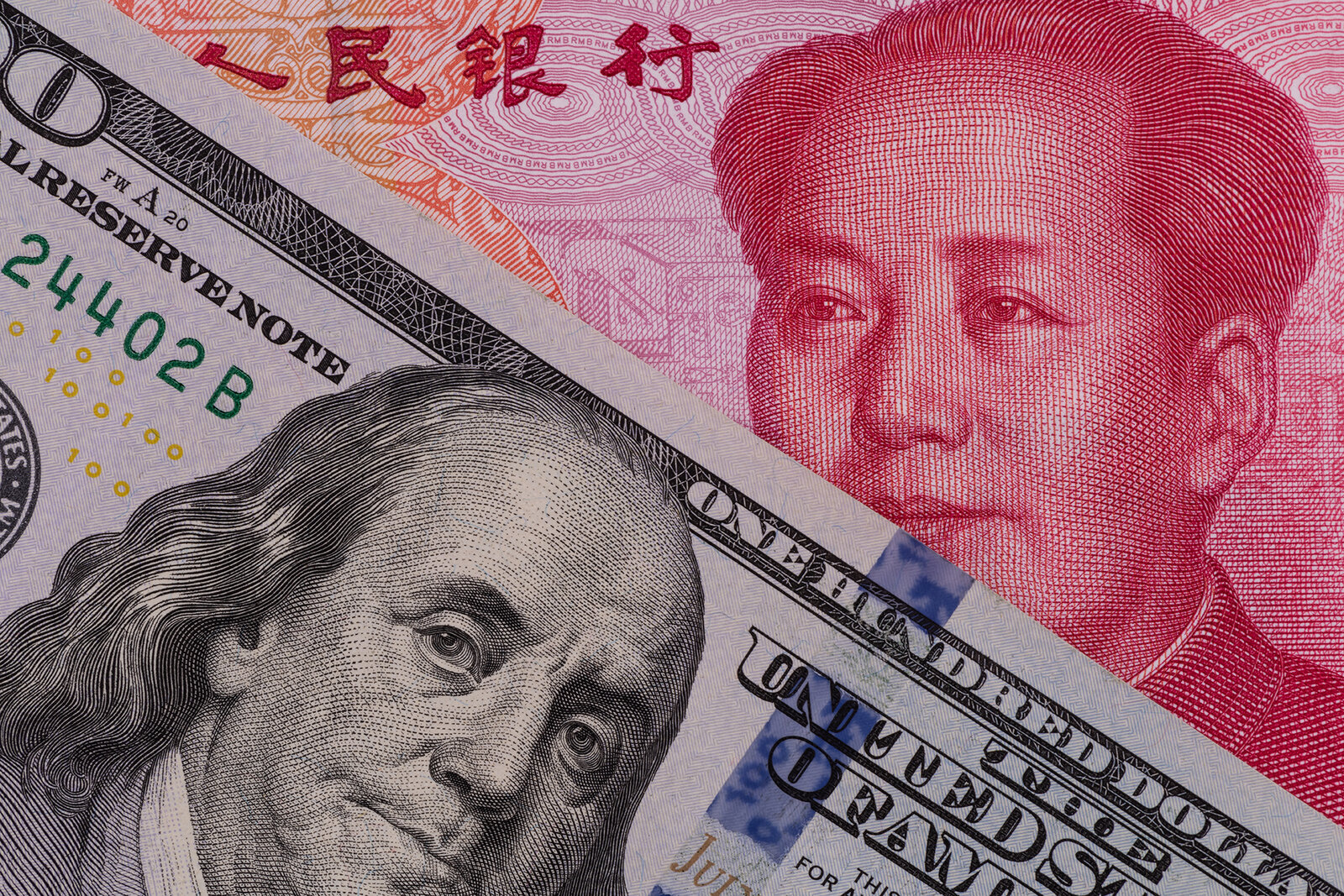Comment
How will Biden’s China tariff hikes affect European car financing?
The tariffs on Chinese-made EVs are set to surge from around 25% to 100%. Similarly, import taxes on lithium-ion EV batteries will rise from 7.5% to 25%. Alejandro Gonzalez comments.

Credit: Oleg Elkov/ Shutterstock.com
President Joe Biden’s recent announcement of significant tariff increases on various Chinese imports, particularly those impacting the automotive sector, is poised to reverberate across Europe’s motor finance landscape.
The tariffs on Chinese-made EVs are set to surge from around 25% to 100%. Similarly, import taxes on lithium-ion EV batteries will escalate from 7.5% to 25%.
Such a seismic shift could disrupt supply chains and inflate costs for European motor finance companies, heavily reliant on imported components for vehicle manufacturing.
Moreover, the tariff hikes may cause price hikes for EVs within the European market, potentially dampening consumer demand and consequently affecting motor finance companies that finance vehicle purchases.
The Biden administration’s position aims to address perceived trade imbalances and protect US economic interests. Notably, the US maintains a persistent trade deficit with China, importing substantially more goods than it exports.
The US administration claims that these targeted tariffs, combined with domestic investment and coordination with allies, are unlikely to worsen inflation or provoke significant retaliation from Beijing. However, the ripple effects present challenges for European motor finance firms deeply embedded in a globally interconnected automotive sector.
In this context, it is worth remembering that European carmakers depend significantly on the Chinese market, more so than their US counterparts, making them particularly vulnerable to retaliatory trade measures. Recently, Beijing hinted at imposing tariffs of up to 25% on imported cars with large engines, a move that would heavily impact companies like Mercedes-Benz Group AG and BMW AG.
Navigating these turbulent waters, European motor finance entities may find themselves compelled to reassess strategies, adeptly manoeuvring through cost fluctuations, and exploring alternative sourcing avenues to cushion the blow of heightened tariffs on their operational framework.